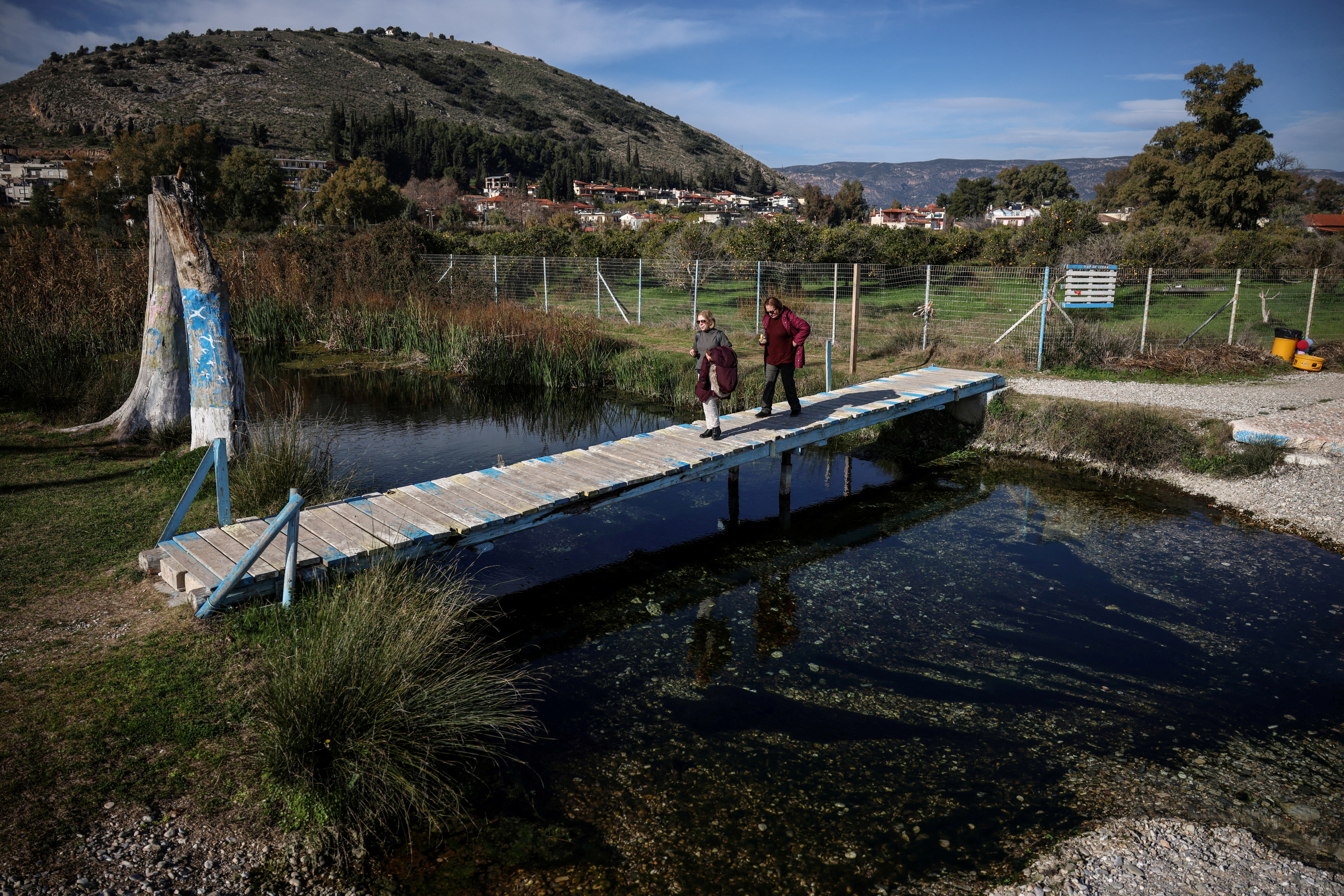Fast decreasing water levels in Greece’s reservoirs show the water scarcity challenges the country is facing due to climate change, and urgent reforms are needed, Prime Minister Kyriakos Mitsotakis said on Wednesday.
There has been a 50% drop in water levels at reservoirs feeding the capital Athens, Mitsotakis told ministers during a meeting to discuss strategy to tackle water-related issues expected to emerge in the next 30 years.
Prolonged droughts and hotter temperatures have impacted water across the Mediterranean region, and Europe is the fastest warming continent in the world, data showed.
Greece, which lies on Europe’s baking southern frontier and uses about 10 billion cubic metres of water annually, recorded its warmest winter and summer on record last year. Some places had no rainfall for months.
“Based on the data, our country is ranked 19th in the world in terms of the risk of water scarcity,” he said. “It is indicative that the reserves in Attica have decreased by more than 50% compared to 2022.”
Water levels at dams, he said, have dropped to historically low levels, which means they produce less power.
Greece will focus on desalination and water recycling to help produce water. It is also considering pumping water from dozens of coastal springs, government officials have told Reuters.
More than 1,200 water management projects, including for irrigation, are underway, Mitsotakis said. Greece has been planning for months to merge its hundreds of indebted local water providers to improve water management.
Water leakage is also an issue Greece needs to address. The country loses around half its drinking water from leaky pipes and theft, government figures show – nearly twice the EU average of 23%.
The EU has launched a campaign to combat the climate change-driven water crisis it says affects 38% of its population.






Click here to change your cookie preferences